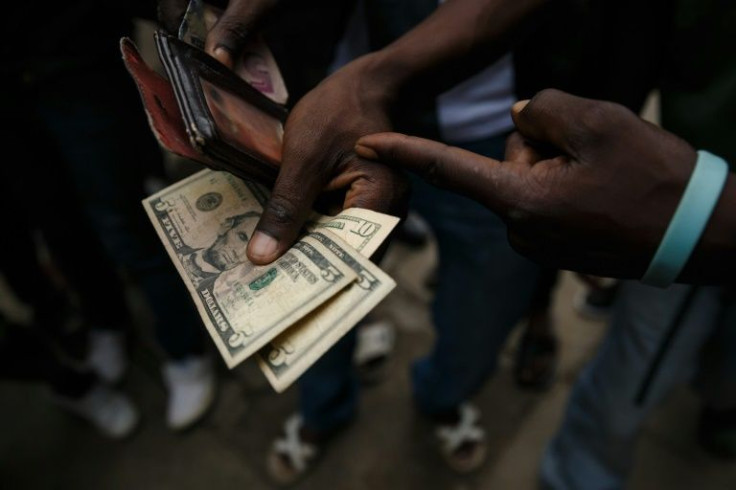Zimbabwe's Stock Market Rally: How Long Will It Last?

Zimbabwe's stock market is the shining star of frontier markets, with the ZSI Industrials gaining close to 800%, since the beginning of 2023, before giving back some of these gains in early July.
That's according to trading on a contract for difference (CFD) that monitors this benchmark index from Zimbabwe Stock Exchange (ZSE), the country's primary trading platform for debt and equities.
The rally in Zimbabwe's equities reflects, in part, the country's strong growth potential. "The economy has excellent human capital, comparable to that of upper-middle-income economies in Sub-Saharan Africa, although some skill shortages are emerging in some sectors," said a World Bank Report in March of 2023. "Moreover, Zimbabwe possesses abundant mineral and natural resources that, if well managed, can support the country's development objectives."
Still, the gains in Zimbabwe's equities dwarf the gain in other markets, including the 40% gain in NASDAQ, home of renowned companies of a developed country with a stable economy. At the same time, ZSE is home to lesser-known companies of a frontier country with an unstable economy.
Zimbabwe's inflation, for instance, was running at an annual rate of 176% in June, while interest rates stand at 150%, among the highest in the world.
That makes experts skeptical about the rally in Zimbabwe's equities, warning investors of the potential risks.
Lucas Noble, a certified financial advisor, and the founder of Noble Financial Group, is one of them. He attributes the rally in Zimbabwe's equities to investors hedging the unprecedented inflation and the sharp depreciation in the country's currency.
"The Zimbabwe dollar is decreasing as steadily as their stock market is rising," he told International Business Times. "Remember, Zimbabwe has its exchange (established in 1894) and is one of the world's oldest. According to the government's data, inflation is up 176% since June. There is much speculation that the lack of access to the US dollar is responsible for the drive-up in the gains as local investors look for a way to hedge inflation, and this is the only place they can easily access."
Then he sees the small market capitalization of ZSE, less than $2 billion, exaggerating market volatility. "The markets of Zimbabwe are highly volatile, far more than we experience in the USA, so much speculation remains about the sustainability at these levels. Sixty-three companies make up the total Zimbabwe stock market. In contrast, there are over 6,000 in the USA," he said.
In addition, Noble sees several challenges ZSE faced in recent years, including liquidity constraints, limited foreign investor participation, and a fluid economic and political regime, which raise the risks of investing in Zimbabwe's equities.
For instance, in 2019, the government required businesses selling in foreign exchange to exchange 20% of the receipts to the central bank for local currency at the overvalued auction rate. These measures have scared away foreign investors, as evidenced by a decline in foreign capital flows in recent years.
Meanwhile, international agencies are pessimistic about the prospects of Zimbabwe achieving its growth potential. For instance, the Economist Intelligence Unit sees macroeconomic uncertainty stemming from erratic policymaking, hyperinflation, a sliding currency, rising borrowing costs, and persistent electricity shortages constraining short-term growth.
The World Bank is concerned about the unsustainable high debt and arrears to international financial institutions (IFIs), which limit Zimbabwe's growth potential.
Noble reminds investors in Zimbabwe equities that equities cannot defy gravity." What goes up often goes down," he said. "Investors should be mindful of the type of market they are invested in and the unusual inflation that could be driving these gains."
© Copyright IBTimes 2025. All rights reserved.






















